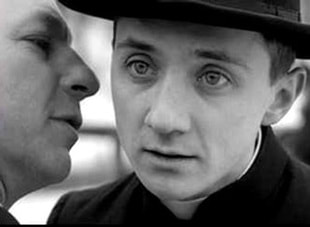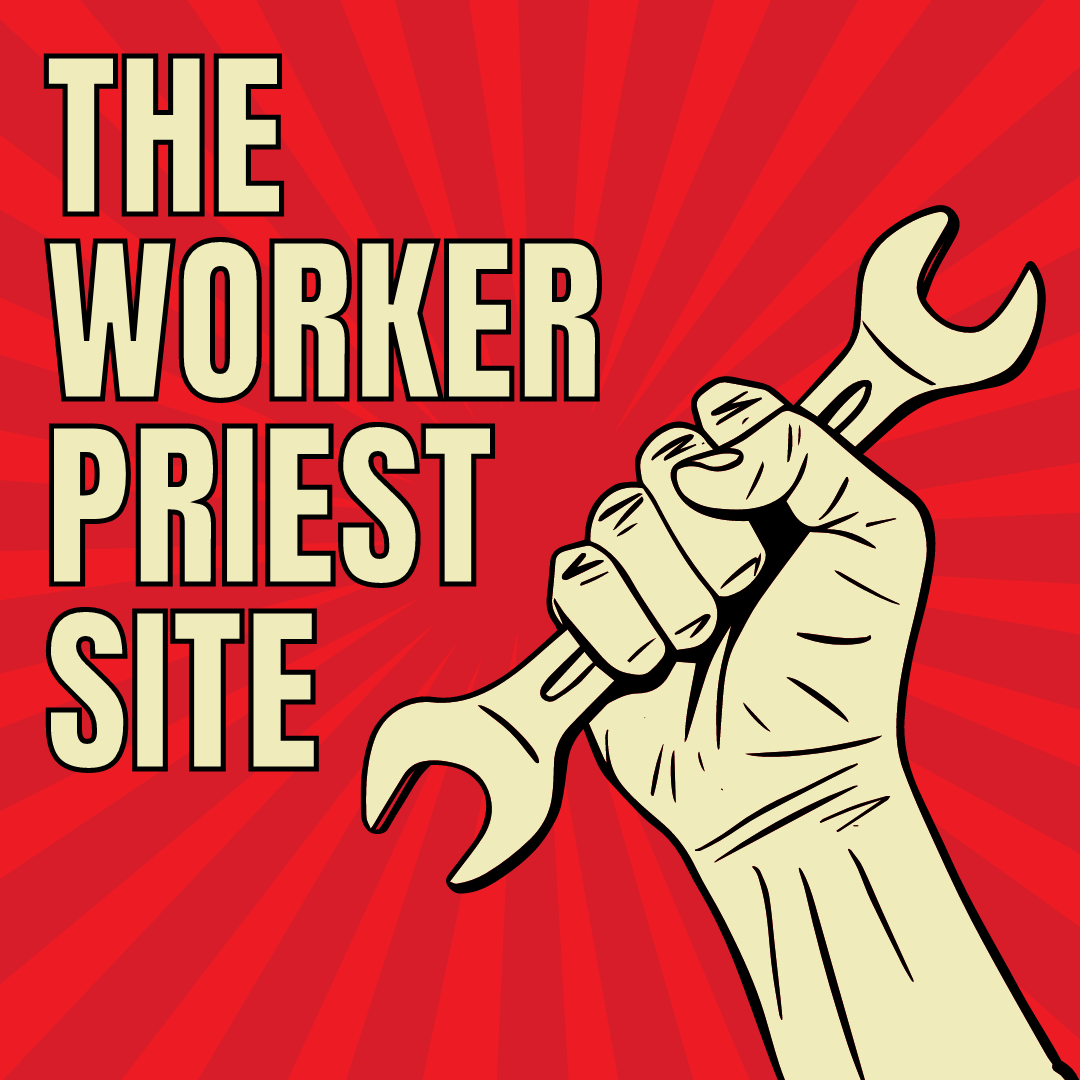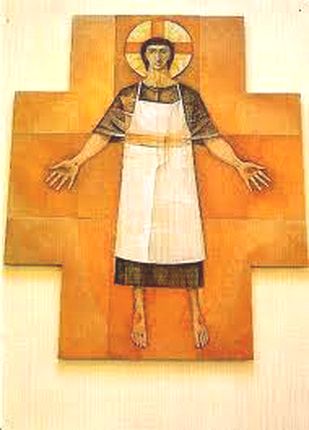|
Welcome, and thanks for stopping by
This site is mostly about Church of England (Anglican) priests who view their paid work in the so-called secular world as the ministry to which they are principally called. The aim is to explore their purpose and provoke thought. Some of the content draws on churches beyond the CofE (indeed, the worker-priest adventure owes its origins to the Roman Catholic Church of the 20thC). |
Recently added material: Press Cuttings about English worker priests from the 1950s/60s
"I regard... a priesthood which combines a ministry of word and sacrament with employment in a secular profession as... the recovery of something indubitably apostolic..."
"I regard the contemporary development of a priesthood which combines a ministry of word and sacrament with employment in a secular profession not as a modern fad but as a recovery of something indubitably apostolic and primitive. We read in the Acts of the Apostles that the apostles visited churches which they had founded and appointed and ordained "presbyters" within them. These "presbyters" were the local clergy, the teachers and pastoral and liturgical leaders, the beginning of what later centuries were to know as the second order in the threefold ministry - the order into which I ordain men today. But it is inconceivable that they were 'paid professionals' in their office, as the resources for this would have been most unlikely to be there. This is not to say that the change to a professional priesthood was wrong, and a number of aspects of the Church's nature and mission called for it. But it is to say that what we call our 'auxiliaries' (self-supporting clergy) today belong most truly to the apostolic foundation, and we may learn from them of that inward meaning of priesthood which we share with them."
Michael Ramsey, later Archbishop of Canterbury
(in the first edition of 'The Christian Priest Today')
Michael Ramsey, later Archbishop of Canterbury
(in the first edition of 'The Christian Priest Today')
Neglected vocation
A lost calling
At some stage in history, clergy became 'professional' and the idea that they were paid by the church became the norm. There may have been good reasons for this though it brought consequences, not all of them positive for the Gospel. One consequence is that priestly vocation is seen as 'to a parish', stipend and the role of vicar. Would-be ordinands sensing a call to a secular workplace focus must present a strong narrative if they are to escape the gravitational pull of this dominant model. Few do. Who and what constitute the church? There is the church-as-institution (necessary in many ways) and the church as the body of the faithful, those who keep faith in Christ and seek to follow him, dispersed in and through society in every conceivable aspect. So often we think only of the former. It narrows our vision. The Church, being there Here's an idea: amongst all the clergy of the Church of England, why not have a pool of ordained men and women operating in myriad occupations in the so-called secular world, to be both the church in those places, and to feed those insights and discoveries into the bloodstream of the institution? |
This site has the aim of describing, documenting and celebrating worker-priests and ministers in secular employment
|
Belief is reassuring. People who live in the world of belief feel safe. On the contrary, faith is forever placing us on the razor's edge. Jacques Ellul
|



